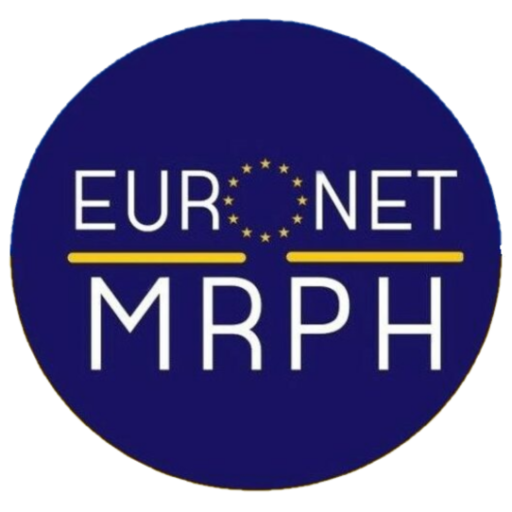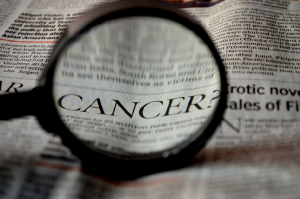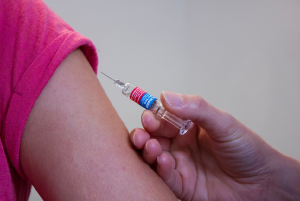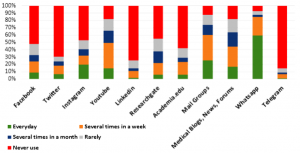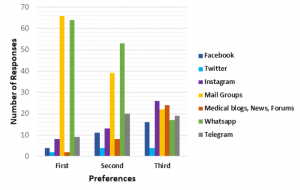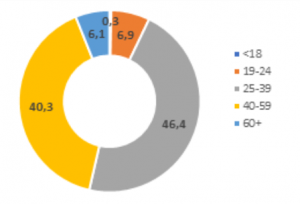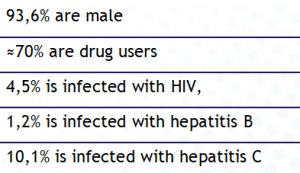“Proudly by ourselves” – this was a Portuguese nationalist slogan advertised before April 25th 1974 revolution. However, globalization changed the paradigm of international relationships and communication technologies connected the whole world by a simple click. We no longer live in a place where our actions have no consequences, but rather influence people and the environment around us – both as individuals and through organizations.
As you know, Public Health was defined by Acheson as “the science and art of preventing disease, prolonging life and promoting health through organized community efforts” and Ottawa Charter for Health Promotion called for “community health partnerships, health alliances or socio-ecological approaches to prevention and health promotion”.
Therefore, non-governmental organizations (NGO) play an interesting role in promoting community development while remaining independent from governments. Currently, some of the most important European NGOs in Public Health area are ASPHER (Association of School of Public Health in Europe), EHMA (European Health Management Association) and EUPHA (European Public Health Association)1. The aim of most of these kind of organizations is to bring together experts to develop innovative health research and implement it through effective policy making.
Another perfect example of cooperation between European public health professionals is the European Network of Medical Residents in Public Health (EuroNet MRPH), which gathers 10 national based Public Health associations training programs.
Following its mission, EuroNet MRPH aims to promote the sharing of educational opportunities, facilitate exchange internships and develop international scientific research. Euronet-like networks are keen on knowledge transferring, research collaboration and they create a unique environment for ideas to develop, encouraging the rapid spread of information in Europe.
The lack of bureaucracy (but not organizational anarchy) among networks is one of its strengths when comparing to governments and institutions, which makes it so useful in creating knowledge, exchanging information and spreading good practice2. Individuals from different organizations and areas can collaborate free from the constraints that exist in more hierarchical models3. Also, collaborative papers tend to get cited more often, which is an important “bonus”4.
Summing up, networks should focus on five specific pillars:
- A common purpose that promote a sense of belonging of its members and a commitment in moving in the same direction;
- A cooperative structure that allows people to work together across organizations;
- A critical mass that increases value for members and society;
- Collective intelligence, as members share and learn from each other and;
- A sense of community built through relationships.

Figure 1. The 5C Wheel, including core features of an effective network4
Right now, in my opinion, EuroNet MRPH follows the main essentials for a successful network. That is amazing in such a short period of time, while having room for development, especially regarding partnerships and cooperation. Networks are just the bottom level of a collaboration hierarchy, gathering a huge potential for development and expansion for the following years, until they achieve a full collaboration status5.
Partnerships can be defined as “contextually relevant peer-to-peer collaborations which offer a platform for sharing knowledge and growing expertise globally, working towards a common goal, across disciplines and perspectives”6. This allows organizations to explore their differences and find solutions beyond their limited visions7.
Similar to networks’ main pillars, partnerships also need6:
- Focus: a common goal that keeps partners focused on their objectives;
- Values: a commitment and trust between partners;
- Equity: adequate sharing of resources and respect for different capacities;
- Mutual benefits: based on knowledge exchange and skills development;
- Communication: through meetings, agendas and reports sharedon time;
- Leadership: accountability and delegation of roles to organize common efforts and;
- Resolution: determination and mediation in conflict resolution between partners.
As discussed in 2018’s Winter Meeting, communication and partnerships are fields where Euronet MRPH needs to invest some workforce and time, in order to develop proper foundations for the future. As referred by Rahman, EUPHA added value to members association through contact to other European Public Health Associations and more ideas for research and collaboration, among others1. Therefore, members of both organizations in a partnership also expect to develop future collaborations through existing ones.
Addressing the big elephant in the room, there are hundreds of public health related institutes and NGOs in Europe. Many of them are already connected but it’s crucial to align most important NGOs agendas in Public Health, strengthening integration policies and influence8. While integrating activities in a single network is already a complicated task, integration of activities between different organizations it’s even more problematic – but when well coordinated, they have a bigger impact.
Challenges in Public Health collaboration will be hard to tackle, but young professionals willingness to act and innovate play a crucial role. Today, in my opinion, Euronet MPRH is a successful network with a clear direction, encouraging innovation and quality improvement. There is a potential in advocacy for Public Health residents and promoting community driven initiatives which still remains on hold, while a broader influence in European Public Health can also be addressed through more meaningful and structured partnerships.
In the Velika Planina winter meeting, Euronet MRPH members discussed the role of partnerships for the future of the network and there was a call for reviewing Euronet MRPH partnerships in an objective way, highlighting the need for meaningful and relevant benefits for enrolled public health residents, like scholarships, reduced fees and opportunities for research collaboration. But most of all, is crucial to gather feedback from residents and understand what they expect from partnerships.
In the Velika Planina winter meeting, Euronet MRPH members discussed the role of partnerships for the future of the network and there was a call for reviewing Euronet MRPH partnerships in an objective way, highlighting the need for meaningful and relevant benefits for enrolled public health residents, like scholarships, reduced fees and opportunities for research collaboration.
But most of all, is crucial to gather feedback from residents and understand what they expect from partnerships. There will be many challenges in the future and it’s up to us to prepare and embrace the opportunities that they will bring.
Duarte Brito
Public Health Resident
Public Health Unit Lisboa Central, Portugal
References
- Rahman, SG. Public Health in Europe: the role of Non-Governmental Public Health associations in public health policy development. Karolinska Institutet.
- Cunningham, FC; Ranmuthugala, G; Plumb, J; Georgiou, A; Westbrook, JI; Braithwaite, J. Health professional networks as a vector for improving healthcare quality and safety: a systematic review. BMJ Quality & Safety. 2011
- The Health Foundation. Effective networks for improvement. The Health Foundation. 2014
- Adams, J. The rise of research networks. Nature. 2012
- Sommervile, M; Kumaran, K; Anderson, R. Public Health and Epidemiology at a Glance. Wiley-Blackwell. 2012
- Larkan, F; Uduma, O; Lawal, SA; van Bavel, B. Developing a framework for successful research partnerships in global health. Globalization and Health. 2016
- Axelsson, R; Axelsson SB. Integration and collaboration in public health – a conceptual framework. International Journal of Health Planning and Management. 2006
- Lang, PB; Gouveia, FC; Leta, J. Cooperation in Health: mapping collaborative networks on the web. PLOS One. 2013
